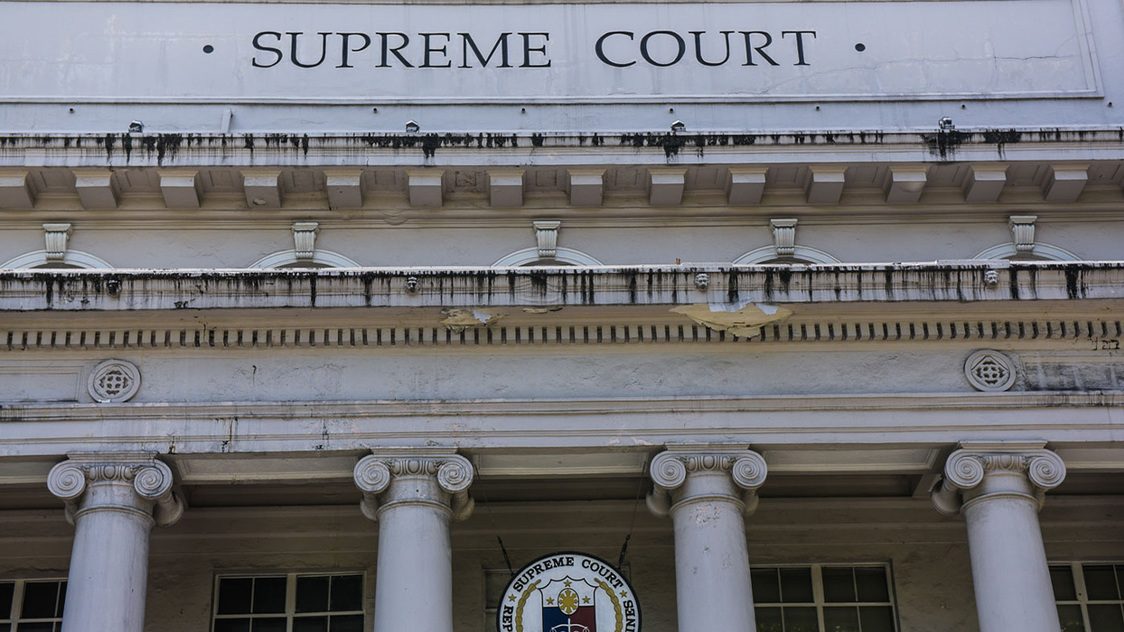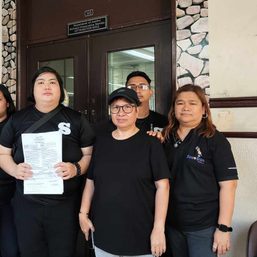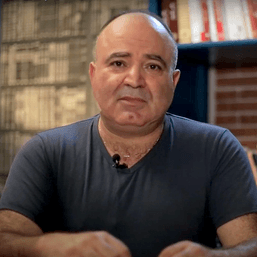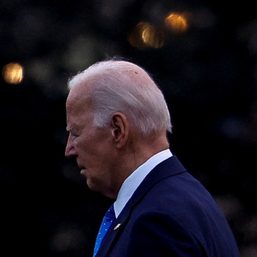SUMMARY
This is AI generated summarization, which may have errors. For context, always refer to the full article.

The Supreme Court (SC) Third Division acquitted columnist Raffy Tulfo of libel, as well as two of his bosses in Abante Tonite, in a ruling that justices said was made in the spirit of protecting a vigilant press.
The SC acquittal spared Tulfo from the jail sentence and P250,000 in fines for each of the six counts of libel that he was convicted of at the Court of Appeals (CA) level. The CA found him guilty of libel for columns he wrote in 1999 to 2000 about “shady deals” of a Bureau of Customs lawyer.
The SC relied heavily on jurisprudence that recognized reports about public officials as being protected from libel.
“Public officers are accountable to the people, and must serve them with utmost responsibility, integrity, loyalty, and efficiency, act with patriotism and justice, and lead modest lives. Speech that guards against abuses of those in public office should be encouraged. Petitioner Tulfo should be acquitted,” said the ruling dated January 11 but released only on Tuesday, June 29.
It was penned by Associate Justice Marvic Leonen, with concurrences from Associate Justices Ramon Paul Hernando, Henri Jean Paul Inting, Edgardo delos Santos, and Ricardo Rosario.
“The need to protect freedom of speech and of the press cannot be understated…Without a vigilant press, the government’s mistakes would go unnoticed, their abuses unexposed, and their wrongdoings uncorrected,” said the ruling.
No malice
Article 354 of the Revised Penal Code says all defamatory imputations are considered malicious even if they are true. This is called the malice in law.
But Article 354(2) provides two exceptions to this rule, and one is “a fair and true report, made in good faith, without any comments or remarks.”
Tulfo’s columns were commentaries, where he also wrote that the Customs lawyer was “a disgrace to the Iglesia Ni Cristo” and accused the said lawyer of having “an illicit affair.”
Citing previous cases, the Supreme Court said Article 354(2) should also be interpreted to mean that “fair commentaries on matters of public interest are likewise deemed privileged by reason of the constitutional guarantee of freedom of the press.”
“Our libel laws must not be broadly construed as to deter comments on public affairs and the conduct of public officials. Such comments are made in the exercise of the fundamental right to freedom of expression and the press,” said the ruling.
The Supreme Court said actual malice must be proven and not just presumed, or what is called malice in fact.
The Supreme Court said the fact that Tulfo did not get the side of the Customs lawyer does not constitute malice.
“While substantiating facts does play an important role in reporting standards, a reporter may rely on a lone source’s information, even if such information only shows one side of the story, for as long as the reporter does not entertain a ‘high degree of awareness of [its] probable falsity,'” said the ruling, raising another standard.
Our libel laws also look at whether there was reckless disregard for the truth, or a test to see whether the disputed content was written even though the writer probably knew it wasn’t true.
The Supreme Court gave weight to a testimony of a Customs broker who said they did conduct a strike against the lawyer.
“At the very least, this corroborates petitioner Tulfo’s submission that brokers gave him information on [lawyer’s] abuse of power in the Bureau of Customs. Petitioner Tulfo reported on the alleged illegal activities of [the lawyer] in the exercise of his public functions,” said the ruling.
The Supreme Court made a note that Tulfo’s bosses, Abante Tonite publisher Allen Macasaet and editor Nicolas Quijano, would have been as equally liable as “there is no requirement to prove that they had knowledge and participation in the publication of the article.” The acquittal cleared them all eventually.
Decriminalize libel
The ruling penned by Leonen also supported journalists’ call to decriminalize libel.
“Besides, the constitutionality of criminalizing libel is doubtful,” said the ruling, adding that civil actions were “more consistent with our democratic values.”
“The proper economic burden on complainants of civil actions also reduces the possibility of using libel as a tool to harass or silence critics and dissenters.”
Recently, a Makati court’s conviction for libel of former senator Antonio Trillanes IV did not impose jail time.
“The acquittal meted out to petitioners does not mean that journalists have unbridled discretion in publishing news and information below the standards expected of them,” said the ruling, adding that there are codes of ethics for journalists. – Rappler.com
Add a comment
How does this make you feel?







![[Newsstand] The media is not the press](https://www.rappler.com/tachyon/2024/04/tl-media-is-not-the-press-04132024.jpg?resize=257%2C257&crop=281px%2C0px%2C720px%2C720px)






There are no comments yet. Add your comment to start the conversation.